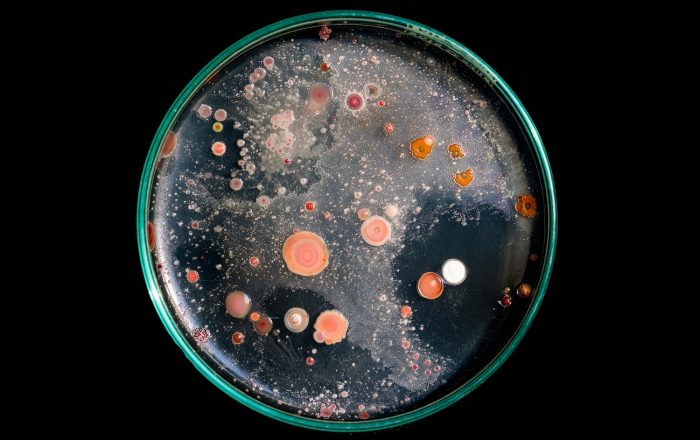Biological Contamination
Biological contamination of fuel tanks and large circulating oil systems (such as steam turbines, paper machines, etc) is a growing and expensive problem. Biological contamination can be in the form of bacteria, yeasts, moulds or fungi and is most likely to happen where water contamination is present, although it doesn’t necessarily take that much water – 500ppm may be sufficient. These microbes consume organic material from the oil or fuel and particularly enjoy warm temperatures, stagnant/low flow areas, an oxygen supply for accelerated growth and suspended particles to use as initial colonisation sites. These colonies can clog control systems, degrade oil quality and performance and produce corrosive byproducts. They can block filters and, in the case of contaminated diesel (where it may be referred to as Diesel Bug), fuel injectors.
We can check your samples for evidence of biological contamination. Water is used to extract potential contaminants from the oil/fuel sample. This is then deposited onto a dip slide with growth medium. The slides are incubated for a week and checked for colonies of bacteria, yeasts and moulds. Each sample is run in duplicate to avoid false positives and a clean water blank is tested to ensure no water-borne contamination is introduced.
If biological contamination is discovered, you will need to consider flushing and cleaning the system, as well as adding a suitable biocide into the fresh oil charge. It is also important to take steps to minimise future ingress of water and other contaminants.

